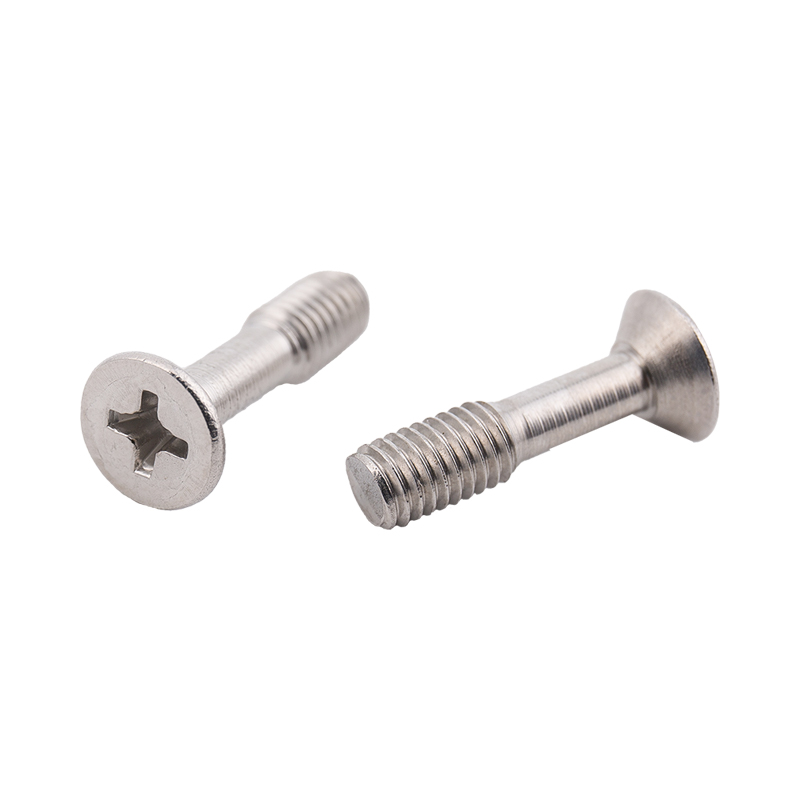-
CBB61 1.2uF/400V Black Film CapacitorsThe CBB61 1.2uF/400V capacitor features a black casing with black dielectric material, measuring 37mm × 24mm × 13mm. It includes mounting holes for se...
-
CBB61 1.5uF/400V CapacitorsThe CBB61 1.5uF/400V capacitor shares the 37mm × 24mm × 13mm black casing and black dielectric material with its 2.0uF counterpart. It also features m...
-
CBB61 2.0uF/400V CapacitorsThe CBB61 2.0uF/400V capacitor comes in a black casing with a black dielectric material, measuring 37mm × 24mm × 13mm. It includes mounting holes for ...
-
CL21 155/400V CapacitorsThe CL21 155/400V capacitor measures 22.5mm × 17.5mm × 10.3mm and is designed with a brown encapsulated casing, offering robust insulation and environ...
-
CL21 105/630V CapacitorsThe CL21 105/630V capacitor has dimensions of 22mm × 12.5mm × 7mm and features a brown encapsulated design, providing enhanced insulation and mechanic...
-
X2-104uf/305V CapacitorsThe X2-104uF/305V capacitor measures 18mm × 12mm × 11mm and features a yellow shell and yellow dielectric material, ensuring reliable insulation and l...
How do the costs of stainless steel screws compare to other types of screws?
Industry News-The costs of stainless steel screws generally compare to other types of screws in several key ways:
Material Cost:
Stainless steel is typically more expensive than carbon steel or plastic due to its alloy composition, which includes chromium, nickel, and other elements that enhance corrosion resistance and strength. This higher raw material cost directly contributes to the overall price of stainless steel screws.
Corrosion Resistance:
While stainless steel screws may have a higher initial cost, their durability and resistance to corrosion can lead to lower long-term maintenance and replacement costs, especially in harsh environments. This makes them a cost-effective choice over time in applications where other screws might fail.
Manufacturing Processes:
The manufacturing process for stainless steel screws may be more complex and require more stringent quality control compared to standard screws. This can add to the production costs, which are then reflected in the retail price.

Application-Specific Designs:
Specialized stainless steel screws, such as those with unique thread designs or coatings for specific applications, can be even more expensive. However, these designs often provide significant performance advantages that justify the higher cost.
Market Demand:
The demand for stainless steel screws in various industries (such as construction, automotive, and marine) can influence pricing. High demand may lead to price fluctuations, while availability can also impact costs.
Bulk Purchasing:
Purchasing stainless steel screws in bulk can often result in lower unit prices. The cost difference between stainless steel and other types of screws may decrease when bought in larger quantities.
Comparative Longevity:
Although the upfront cost of stainless steel screws is higher, their longevity and resistance to rust can lead to significant savings in replacement costs over time, particularly in applications exposed to moisture or corrosive environments.



 русский
русский Español
Español